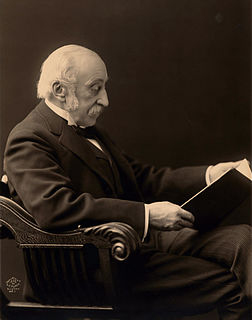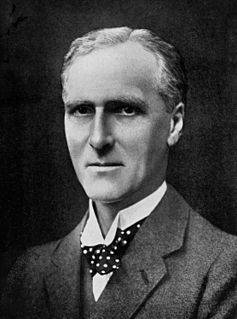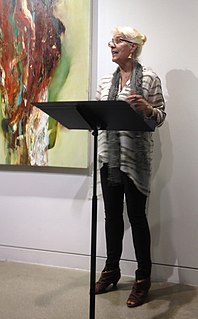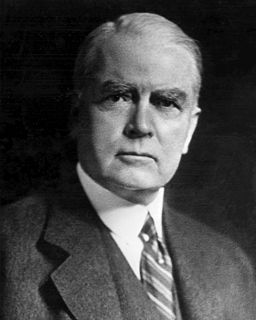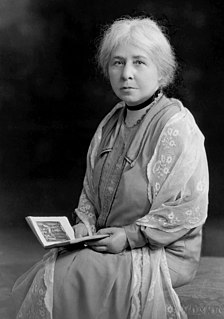A Quote by Charles Eliot Norton
The loss of religious faith among the most civilized portion of the race is a step from childishness toward maturity.
Related Quotes
... the loss of belief in future states is politically, though certainly not spiritually, the most significant distinction betweenour present period and the centuries before. And this loss is definite. For no matter how religious our world may turn again, or how much authentic faith still exists in it, or how deeply our moral values may be rooted in our religious systems, the fear of hell is no longer among the motives which would prevent or stimulate the actions of a majority.
Although the far territory of the extreme can exert an intoxicating pull on susceptible individuals of all bents, extremism seems to be especially prevalent among those inclined by temperament or upbringing toward religious pursuits. Faith is the very antithesis of reason, injudiciousness a crucial component of spiritual devotion. And when religious fanaticism supplants ratiocination, all bets are suddenly off.
The journey toward authenticity, toward becoming whole is made palpable in Maureen Seaton's Sex Talks to Girls: A Memoir. It shines its considerable light on the passage from religion toward faith, from self-medication to sobriety, from daughterhood to motherhood, from being the disembodied 'good girl' to embracing her own bad lesbian self. In crisp chapters, Seaton leads us, step-by-step, over this harrowing and blissful road, so distinct from yet so much like our own.
It would be well for those interested to reflect whether there now exists, or ever has existed, a wealthy and civilized community in which one portion did not live on the labor of another; and whether the form in which slavery exists in the South is not but one modification of this universal condition... Let those who are interested remember that labor is the only source of wealth, and how small a portion of it, in all old and civilized countries, even the best governed, is left to those by whose labor wealth is created.
